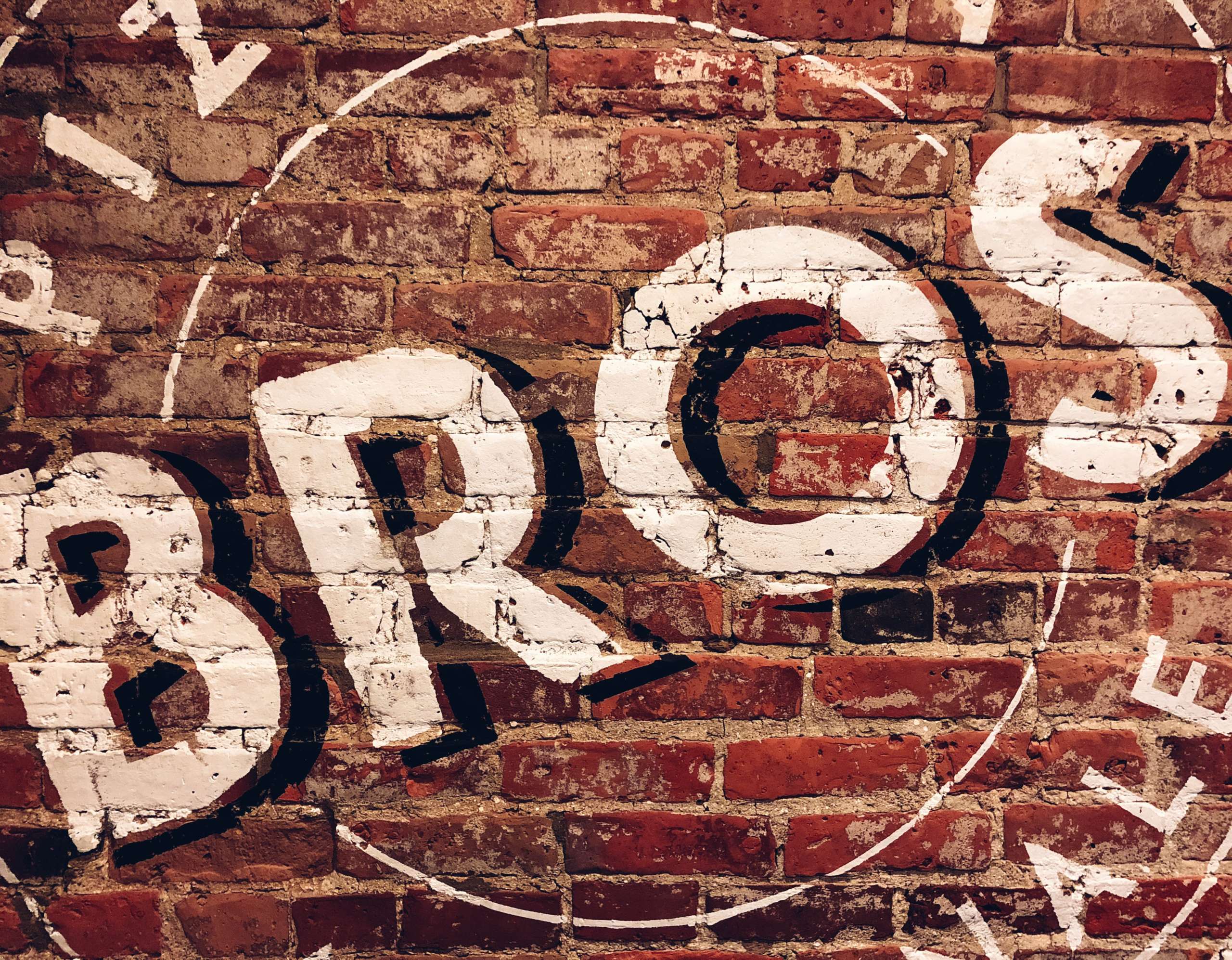The concept of the “bro code” has long been a topic of discussion and scrutiny, particularly in the wake of the Me Too movement. The bro code refers to an unwritten set of rules or principles that are often upheld among male friends, emphasizing loyalty, camaraderie, and the protection of each other’s interests. However, in light of the significant progress made by the Me Too movement and the growing empowerment of women, the absurdity of the bro code becomes apparent.
The bro code, at its core, often perpetuates a culture that prioritizes the protection of male egos and maintains an oppressive power dynamic. It can reinforce harmful behaviors, such as objectification, sexism, and even the tolerance of sexual misconduct. The notion of blindly supporting a friend’s actions, regardless of their impact on others, undermines the pursuit of equality and respect.
The Me Too movement has challenged these outdated norms, giving women a platform to speak out against harassment, assault, and the systemic abuses of power. Women have courageously wielded their voices to shed light on the pervasive nature of sexual misconduct and demand accountability from perpetrators. They have shattered the silence that allowed the bro code to persist and exposed the flaws in a system that prioritized male solidarity over the well-being and agency of women.
The empowerment of women and the progress made through the Me Too movement bring to light the absurdity of the bro code. It reveals the need to dismantle systems that enable harmful behavior, disrupt patterns of toxic masculinity, and foster an environment of true equality and respect. The idea that loyalty to a friend should come at the expense of acknowledging and addressing harmful actions is no longer acceptable or justifiable.
In the face of these cultural shifts, it is crucial to recognize the importance of accountability, empathy, and active support for survivors of harassment and assault. The bro code, with its misguided priorities and skewed sense of loyalty, cannot stand in the face of a society striving for progress and equality. It must be challenged, questioned, and ultimately dismantled in favor of fostering healthy relationships, consent, and respect for all individuals.
The journey toward a more equitable society requires examining our own biases, challenging harmful social constructs, and promoting inclusive values. It is essential for men to reject the limiting constraints of the bro code and actively engage in conversations about consent, healthy masculinity, and the importance of treating all individuals with dignity and respect.
By embracing the transformative power of the Me Too movement and recognizing the absurdity of the bro code, we can collectively contribute to a future where everyone’s voice is heard, where survivors are supported, and where genuine equality and respect are the guiding principles of our interactions and relationships.

